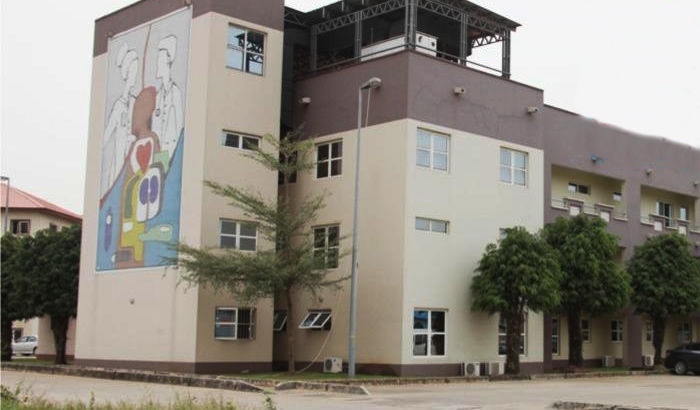Dr. Olusegun Babafemi, the Medical Director of Gbagada General Hospital, Lagos, has revealed that the hospital currently performs about 250 dialysis sessions each month, with plans to increase that number to 500 in the near future.
Dr. Babafemi shared that the hospital is focused on expanding its dialysis capacity to cater to more residents of Lagos, particularly the vulnerable and indigent individuals who struggle to afford the high costs associated with dialysis treatment.
Dialysis is a crucial life-saving procedure for individuals with kidney failure. It substitutes the kidneys’ function of filtering waste and excess fluids from the bloodstream when they are no longer able to perform effectively, as explained by health experts like Cleveland Clinic.
Dr. Babafemi noted that to meet the hospital’s expansion goals, a new facility is currently under construction to house additional dialysis machines. He expressed confidence that with this development, the hospital would be able to increase its monthly sessions by 100 percent, pushing the number to around 500 sessions per month.
However, he pointed out that one of the most significant challenges in offering affordable dialysis care in Nigeria is the cost of consumables, which forms a substantial part of the treatment’s expense. According to him, many patients require lifelong dialysis, which places a heavy financial burden on them and their families.
“The cost of consumables is the biggest challenge. The more consumables we can get, the more people we can serve, particularly the indigent ones,” Dr. Babafemi emphasized.
He acknowledged the support of non-governmental organizations (NGOs) that have been helping subsidize treatment for patients. In some instances, patients who would typically pay between ₦40,000 to ₦43,000 per dialysis session only have to pay ₦20,000 due to the intervention of these NGOs.
“With the help of NGOs and additional supplies, we can offer dialysis treatment for free or at significantly reduced rates to more patients. This support allows us to serve those who might not otherwise afford it,” Dr. Babafemi explained.
The Medical Director also expressed appreciation for the federal government’s ongoing efforts to reduce dialysis costs across the country. He conveyed optimism that the Lagos State Government would soon roll out similar interventions aimed at easing the financial burden of dialysis care.
Furthermore, Dr. Babafemi shared that Gbagada General Hospital is planning internal initiatives to assist indigent patients before any state-level interventions materialize. “We believe we can do even better with the necessary support, especially if we can secure the required consumables. The federal government has already taken steps, and I’m confident that very soon, you’ll hear something from the state government as well. But in the meantime, we’ll initiate some measures on our end to assist those who cannot afford dialysis,” he revealed.
With these efforts, Gbagada General Hospital hopes to expand its reach and provide life-saving dialysis treatment to more people in need, including those who have historically been unable to access this critical care.
